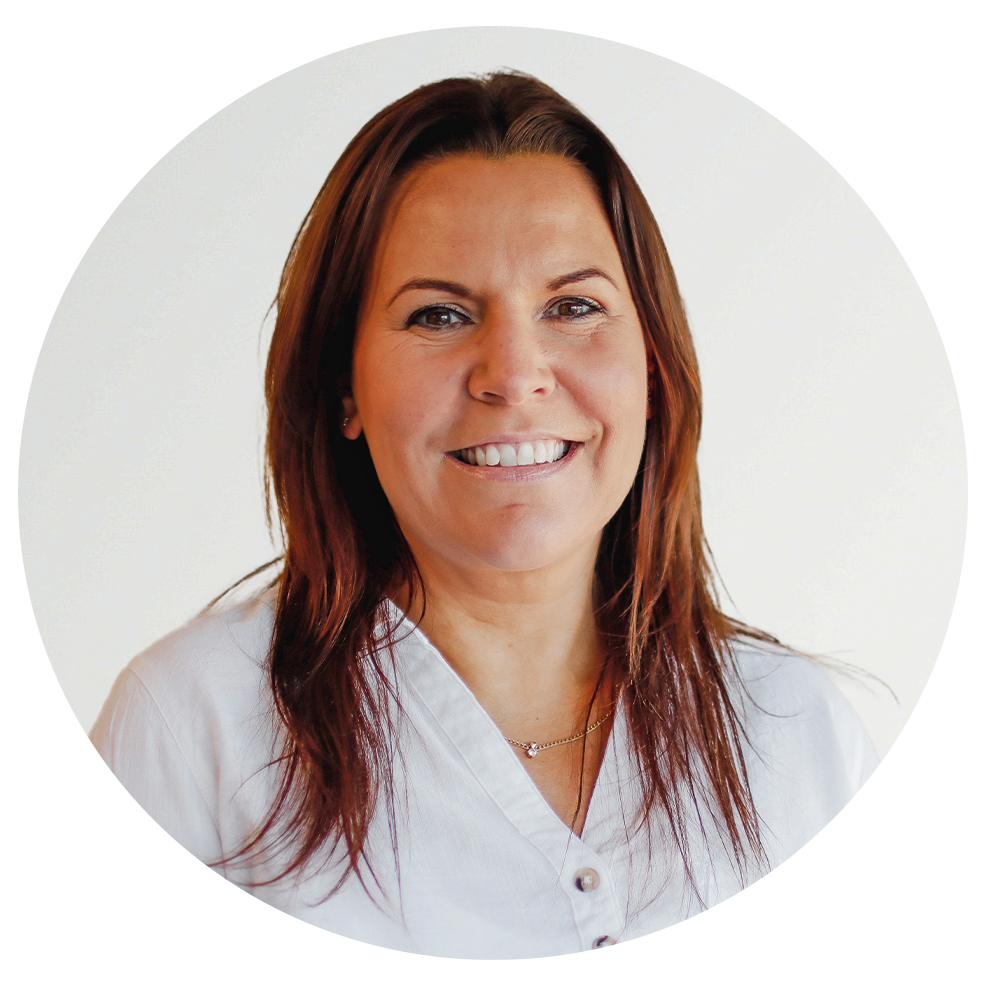What do we really know about fibromyalgia?
In this session we will explore the chronic condition known as fibromyalgia in more depth. We will be discussing what it is, how it is best managed and how we can support the person managing the condition, but how we can also support for their carers.
Learning Outcomes
- To learn about fibromyalgia and what is known about the cause
- To understand the symptoms and impacts of fibromyalgia on those we care for
- To find out what are the current treatment options are for fibromyalgia
- To find outhow carers can support a person with fibromyalgia
- To find out what other support is available for the person with fibromyalgia
Meet our Experts

Sarah has always had a keen interest in Tissue Viability since becoming a registered nurse in 2002. Her experience varies from within a community setting, where she completed her Tissue Viability based degree in 2007. She then worked within the private sector to gain additional advanced wound care skills whilst working with a medical devices company specialised in wound healing. In 2010, Sarah became a Tissue Viability Nurse and shaped a specialised service within the acute sector for 7 years before returning to the community setting as a TVN.

Dr Amelia Swift is a Reader in Health Professional Education at the University of Birmingham. She is a nurse who has worked in pain management, who’s PhD research explored the neurotransmission of osteoarthritis pain. This consolidated her interest in the physiology of pain, and she continues to champion the idea that if we know how pain is generated in the body, we can make good choices about its management.
People who watched this also watched...
How to choose a pressure cushion for seating
Selecting the right pressure cushion is essential for maintaining comfort, promoting healthy posture, and preventing pressure injuries for individuals who spend extended periods sitting. This webinar provides a practical, evidence-informed guide to understanding different types of pressure cushions, how they work, and how to match them to individual needs. Participants will learn to assess key factors such as mobility levels, posture, risk of skin breakdown, and daily routines.
Pressure ulcers – definition, assessment, prevention and treatment
Pressure ulcers are a painful, debilitating condition that can, largely, be prevented. Seen as a measure of harm by NHS England/Improvement and reportable to the CQC in care home settings, understanding how best to protect those within your care from developing a pressure ulcer is an important aspect of care delivery.
Prevention of pressure ulcers is however not always easy and, in some cases, not possible. Understanding how they develop, how to recognise those at risk, how to prevent them and what to do when they do occur is vital knowledge for anyone involved in the care of those vulnerable to pressure ulcers.
Staff with different skill sets can work their way through the whole programme, or they can choose individual modules.
Rebuilding lives after stroke
A stroke can happen to anyone. This is an awareness raising webinar looking at what a stroke is and how to recognise when someone might be having a stroke. Having a greater insight into how this brain injury can impact on individuals, can help to inform any professional or personal interactions you may have with people affected by stroke. This webinar also covers what we can all do to reduce our risk of stroke, the work of the Stroke Association and ways we could potentially make a difference together.


